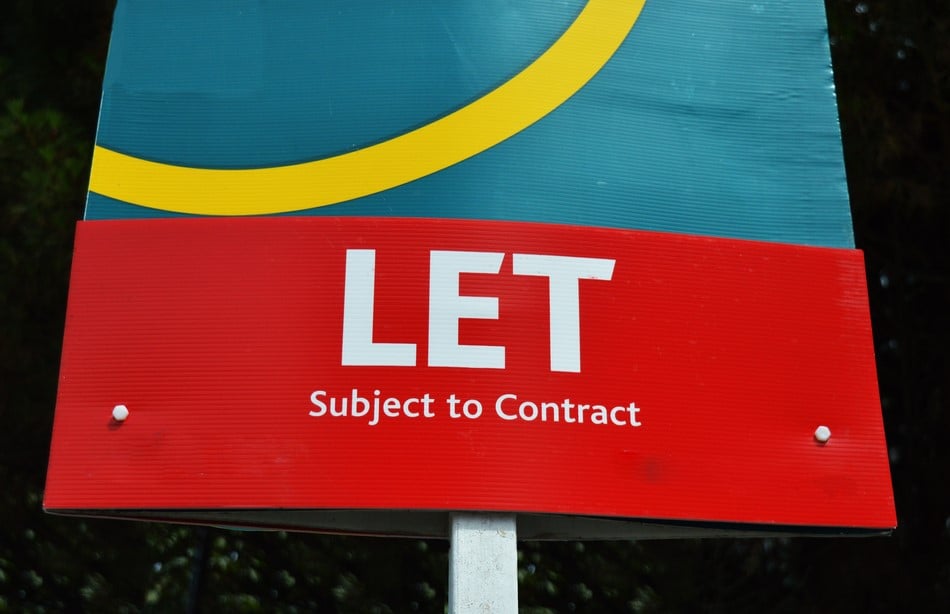
0:01 AM, 19th July 2023, About A year ago 1
Text Size
Renters attempting to challenge rent increases are discovering that tribunals often grant landlords even higher rents, one newspaper reveals.
One newspaper investigated tenants in England who received a section 13 notice to increase their rent and then contested the proposed hike at a First-tier Tribunal.
However, one issue looked at by a tribunal is whether the new rent aligns with the prevailing rates for comparable properties in the area.
The i newspaper makes clear that tribunals not only have the authority to lower the rent, but they can also establish a maximum rent that is higher than the landlord requested.
And it says of the 30 cases it looked at, in 27% of them the tribunal recommended a HIGHER rent than the landlord proposed.
But that hasn’t gone down well with the chief executive of Shelter, Polly Neate, who told the newspaper that if renters feel ‘confident’ about going to the tribunal to challenge unfair rent rises, ‘then they need to be confident they won’t come away with a higher rent than ever’.
She said: “If the tribunal is actually going to work for renters this needs to change.
“Renters have been paying over the odds for poor quality, insecure homes for too long.”
Ms Neate added: “We see renters struggling to pay huge rent increases and feeling completely unable to challenge them for fear of eviction.”
Ms Neate went on to say it is ‘disappointing’ that the Government is not planning to ban tribunals from increasing a tenant’s rent higher than requested.
Of the cases the newspaper investigated, in 33% of them, the tribunal decided the rent should stay the same, and in 37% it could be increased – but not by the amount the landlord asked for.
And in one case, a market rent was set that was below the original monthly cost.
The i found that in a case in Surrey, a landlord wanted to increase the rent from £1,260 to £1,300 per month – but the tribunal said that £2,200 was reasonable.
However, deductions were made because of the property’s condition to a final figure of £1,540.
And the landlord of a south east London flat wanted to increase the rent from £86.42 per week to £92.75 per week with the tribunal deciding on a rent of £1,050 per month.
But because of damp in the flat, it was decided that a monthly rent of £800 – around £185 per week – should be paid.
A spokesperson for the Department for Levelling Up, Housing and Communities told the i: “The Renters’ (Reform) Bill currently going through Parliament will prevent large rent increases being used as a backdoor method of eviction, whilst protecting landlords’ ability to increase rent each year in line with market levels.
“We have listened to concerns and think it’s fair that a tribunal is not limited when determining market rent rates.
“This will mean the tribunal has the freedom to make full and fair decisions and can continue to determine the market rent of a property.”
Beaver
Become a Member
If you login or become a member you can view this members profile, comments, posts and send them messages!
Sign Up13:19 PM, 19th July 2023, About A year ago
I think there is a lesson here for any tenant. Those of us with good tenants want them to stay for the long term and many of us don't increase their rents to full market rate in the hope that they'll stay put.
But tenants who are a bit 'ar#y' or 'entitled', "...my rights are this, I'm entitled to that..." aren't tenants that you care about keeping....if they go, they go, who cares, good riddance. So if they challenge your rent increase and what they are paying is below market rent (as is likely right now) then you put it up to the maximum.
The bottom line is if you want a low rent be a good tenant; get on with the neighbours, pay the rent on time and in full and look after the property. That's the key to rents that are as low as possible - although with the Bank of England raising interest rates and the government persistently heaping extra costs on landlords low rents may not be possible.
And when it comes to things like Energy Performance Certificates I suspect some of the cheaper rental properties are band D or E properties in rural areas. The government needs to think carefully about introducing legislation that makes these properties unrentable.